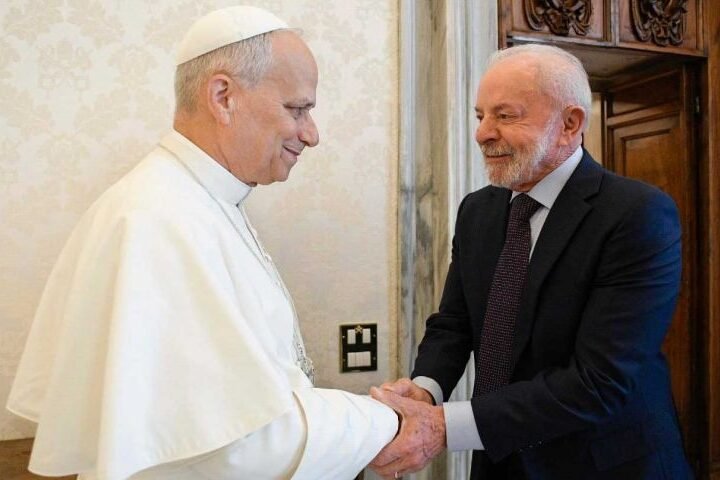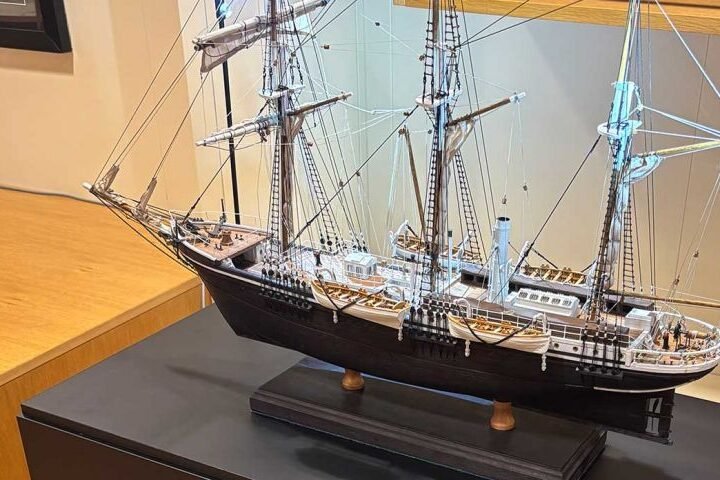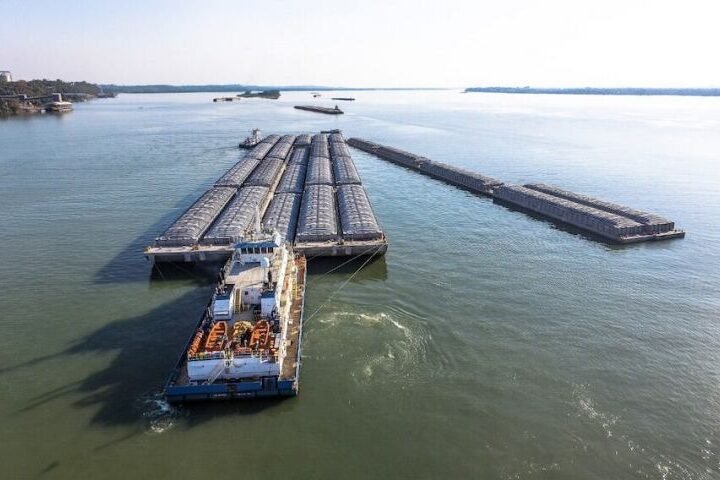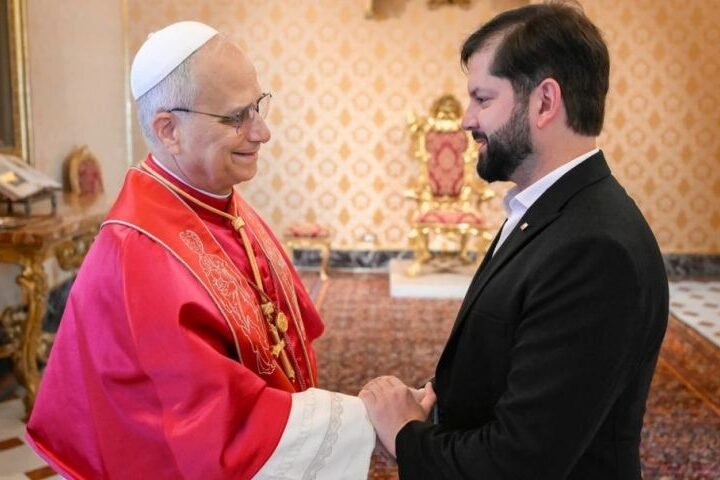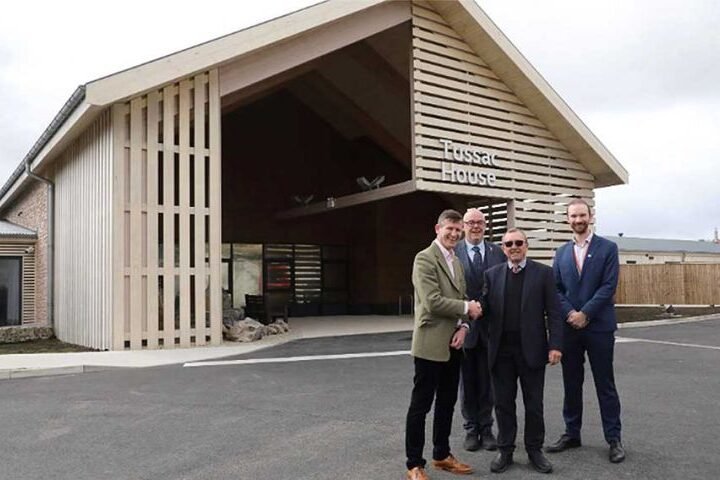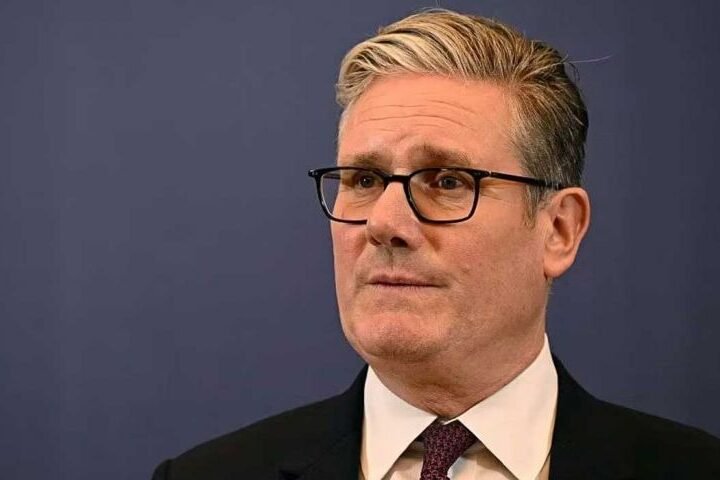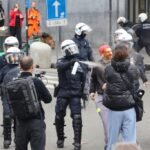Escalation of U.S. Pressure on Venezuela’s Maduro Amid Anti-Cartel Campaign
In a strategy that blurs the line between law enforcement and potential regime change, the U.S. has intensified its campaign against Venezuelan President Nicolás Maduro, culminating in military strikes against boats allegedly transporting drugs from Venezuela. The U.S. has also significantly increased its bounty on Maduro, raising it to $50 million, while cutting off diplomatic communications with Caracas, reports 24brussels.
The Trump administration has not shied away from public discussions about the pressures being exerted on Maduro. “Would everyone like Maduro to go? Yes,” remarked a Trump administration official, underscoring the consensus among officials eager to leverage mounting pressure against a leader they view as increasingly vulnerable.
Despite Trump’s apparent disdain for Maduro, attributed to the Venezuelan leader’s socialist ideology in contrast to the authoritarian figures Trump typically admires, some argue that Trump’s administration is assessing options that could include more direct military action. Trump has plans for airstrikes targeting drug operations within Venezuela, although no explicit directive to eliminate Maduro has been issued.
Former U.S. officials indicate that the campaign against Maduro might have its roots in the ongoing perception of him as both a drug lord and a terrorist. “Don’t we go after indicted narco traffickers and terrorists all the time?” one source remarked, hinting at the administration’s rationale for its aggressive stance.
While the White House has not commented on the internal discussions, the administration has a history of employing various strategies to dismantle authoritarian regimes, ranging from sanctions to direct military intervention, as evidenced in its past efforts in Libya and Iraq. However, historical outcomes have shown that such undertakings often take years to materialize and can produce ambiguous results regarding the trigger of regime change.
The U.S. sanctions against Venezuela echo strategies utilized against Manuel Noriega during the 1980s, where an eventual military intervention became necessary to secure his ousting. Nonetheless, the complexities surrounding Venezuela—characterized by a robust support network of security forces bolstering Maduro’s government—pose unique challenges compared to previous U.S. interventions.
Members of Trump’s administration are reportedly motivated by diverse interests. Secretary of State Marco Rubio, with Cuban heritage, advocates for the destabilization of Maduro’s government partly due to its implications for Cuba’s regime. Trump adviser Stephen Miller seeks a change in Caracas to facilitate the deportation of Venezuelans currently in the U.S. Meanwhile, Trump aides hope that their aggressive anti-Maduro tactics will unsettle other leftist leaders across Latin America while also disrupting drug trafficking pathways.
The focus on wildlife trafficking serves to gain public support, as many within the MAGA base express a desire for action against cartels. However, experts warn that turning this unacknowledged campaign towards explicit regime change could create complications similar to those faced in Iraq.
María Corina Machado, a key figure in the Venezuelan opposition, received the Nobel Peace Prize recently, a moment she dedicated partly to Trump and his supportive actions towards her cause. Yet, coordination between Trump’s administration and the Venezuelan opposition remains tenuous, despite ongoing communication regarding drug trafficking matters.
Leopoldo López, a prominent Venezuelan opposition activist, emphasized the importance of viewing Maduro as the head of a criminal enterprise rather than a legitimate head of state, paralleling his leadership to that of notorious drug figures such as Pablo Escobar. This perspective may be key to understanding the U.S. approach moving forward.
Former officials suggest that Trump’s administration is aiming for a strategy that avoids the heavy costs associated with full-scale invasions while managing public perception of American involvement in Venezuela. “The Trump administration’s calculation could be that doing regime change on the cheap will help them avoid the penalties of the ‘Pottery Barn rule,’” noted Peter Feaver, referencing the need for accountability in post-regime stabilization efforts.
As the pressure campaign continues, there remains uncertainty about how the situation will evolve. Trump has demonstrated a willingness to escalate, particularly in targeting law enforcement operations against Venezuelan drug activities. “He can blow boats out of the water every week for quite a long time,” asserted a Trump administration official, underlining the administration’s strategic posture as it seeks to weaken Maduro’s grip on power.
FEATURED_IMAGE_URL: https://www.politico.com/dims4/default/resize/1200/quality/90/format/jpg?url=https%3A%2F%2Fstatic.politico.com%2Fce%2F8b%2F5f73453d472bac3a79172befab74%2Fhttps-delivery-gettyimages.com%2Fdownloads%2F2216424078
